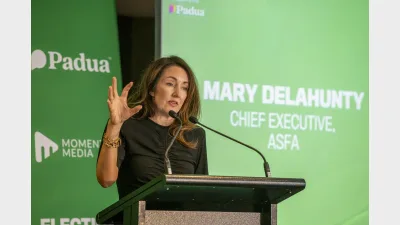ATO establishes SG legal precedent


In a key, but largely unheralded legal win, the Australian Taxation Office (ATO) has established a precedent with respect to racing clubs and their relationship with jockeys.
The Full Federal Court held in April that racing clubs were liable to pay superannuation contributions of jockeys even though, nominally, those clubs are acting as agents for the stables employing the jockeys.
Commenting on the legal win, ATO deputy commissioner, John Ford described it as important in circumstances where the court rules in favour of the ATO that the racing clubs were liable to pay riding to fees to jockeys for riding in a horse race and were therefore deemed to be their employers for the purposes of the Superannuation Guarantee.
For their part, the racing clubs – the Scone Race Club and the Racing Queensland Board – had argued that there were liable to make the SG payments because they only made payments of riding fees to jockeys on behalf of owners for administrative purposes.
If the two racing clubs are to appeal the decision, they must do so in the next few days.
The ATO pursued the matter in relation to riding fees paid to jockeys during the period 1 July, 2009 and 30 June, 2014.
Recommended for you
Rather than retreating in the face of rising volatility and geopolitical uncertainty, superannuation funds are tactically positioning themselves to capitalise on equity market weakness, prioritising liquidity and flexibility to make strategic buys.
The CEO of superannuation advocacy body ASFA has laid out the sector’s expectations for Australia’s next government, underscoring the need for policy stability to safeguard members’ retirement savings.
Aware Super has made a $1.6 billion investment in a 99-hectare industrial precinct in Melbourne’s North which, the fund clarified, also houses the nation’s first privately funded open-access intermodal freight terminal.
ASFA has affirmed its commitment to safeguarding Australia’s retirement savings as cyber activity becomes an increasing challenge for the financial services sector.












